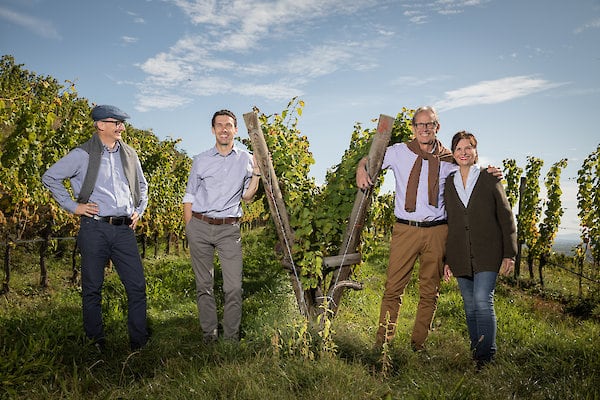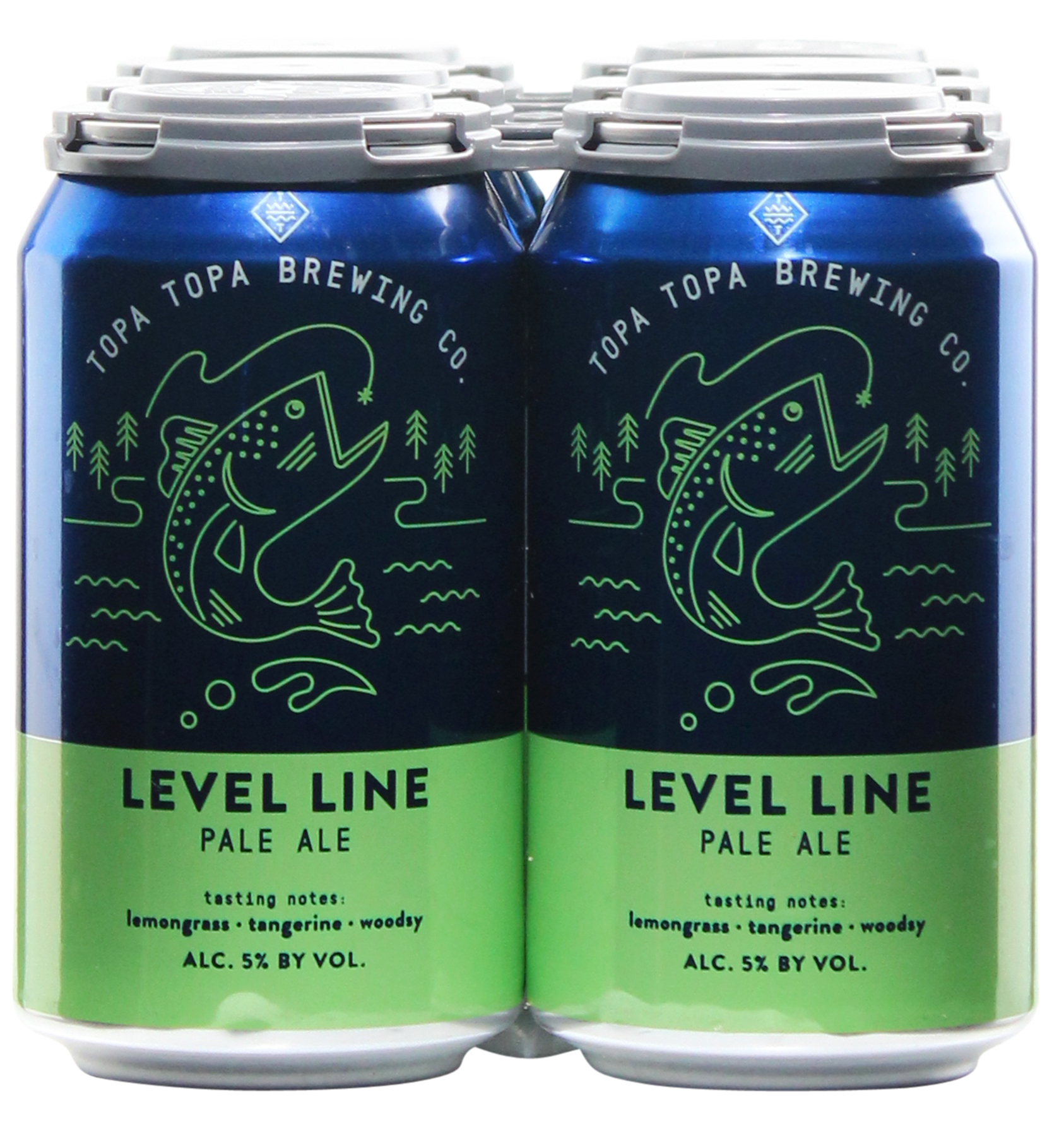2020 Bründlmayer ‘Kamptal Terrassen’ Riesling
Dry Riesling is one of the most food-friendly styles of wine on the planet, and although German expressions tend to get most of the attention, high-quality (and budget-friendly!) bottlings like this one from Austria are not to be missed. This is a crisp, refreshing, and easy-drinking Riesling that promises to capture the hearts of skeptics everywhere.
Certified organic farming practices, native yeast fermentation, vinified / aged in stainless steel, and vegan.
- Tasting Notes lime, lime leaf, grapefruit, candied green apple, spicy minerality, white pepper
- Variety Riesling
- Region Austria, Kamptal
- Volume 750ml
- Alcohol Volume 12.5%
- Table Talk The word terrassen on the label translates to terrace, a nod to the sleep, terraced slopes on which these Riesling vines are cultivated.
“Nearly every wine, from the light Grüner Veltliner to the red wines and the sparkling wines, has the potential to be the best of that vintage in its category,” declares Peter Moser, editor and publisher of Falstaff Wine Guide, Austria’s most respected and comprehensive wine publication. Also named in 2009 by Wine & Spirits Magazine “the best Austrian winemaker of the last 25 years,” Willi Bründlmayer farms 90 hectares of Grüner Veltliner, Riesling, St. Laurent, Zweigelt and Burgundian varieties from an impressive collection of grand cru vineyards around Langenlois. In 2016 Andreas Wickhoff MW joined the estate and as general manager works alongside Willi in all aspects.
Some of the most geologically diverse terroirs in Europe are here, in the heart of the Kamptal. The Danube and Kamp rivers and the wooded hills of the Waldviertel forest create a climate with large diurnal temperature swings, essential to a long growing season. These rocky, terraced vineyards are not the steep, jagged terraces of the Kremstal or the Wachau; these are larger wider terraces, each creating its own micro climate. The most famous vineyards in the region are located in the village of Zöbing. This small village is home to a number of ‘Grand Cru’ (Erste Lagen) vineyards, including the Zöbinger Heiligenstein, composed of 250 million year old sandstone and the Lamm, at the base of the Heiligenstein, where loess fills fissures and cracks in the sandstone. Bründlmayer has holdings in other top vineyards in the area, including Käferberg, across the Kamp river valley from the Heiligenstein, with marine deposits over primary rock, as well as the Loiserberg and Steinmassel. Bründlmayer has a very high proportion of old vines, with many plantings over 50 years old, and a parcel in the Heiligenstein planted in the 1920s.
Willi has converted some (17ha in total) of his vineyards to the Lyre training system, which he helped develop. Vines are trained low to the ground, to benefit from the warmth of the primary rock soils, then the canes are trained at an angle upward and perpendicular to the row, which doubles the sunlit and aired foliage surface and improves grape ripeness. The well-aired leaves also dry faster, thus reducing the risk of dreaded grape mildew.
As of 2019, Bründlmayer is certified organic by LACON, an outside, objective, certifying body. During harvest, multiple selections through the vineyard are made, as botrytis is never accepted. Grapes are never de-stemmed or crushed, and they are handled as minimally as possible. A tiny portion of grapes are held back, de-stemmed, and macerated for 12 hours; Willi uses these as ‘seasoning’ during blending to add another dimension and tonality to the final wines.
RIESLING
Riesling is an aromatic white grape variety producing arguably some of the finest white wines in the world. Public misconception can give Riesling a negative connotation, but it actually varies greatly in style from bone-dry (trocken), off-dry (halbtrocken) to very sweet. The labelling terms for Riesling’s sweetness levels are as follows, each next one increasing in sweetness. Kabinett, being the lightest style, Spätlese, Auslese, Beerenauslese, Trockenbeerenauslese, and Eiswein. It is a wonder of a vine adapting and preserving its identity wherever it is grown. Riesling is the great grape of Germany, perhaps the world’s most important region for producing this variety. It is also of significant importance to Alsace, France and grown popularly in the United States and Australia. These wines tend to have a prominent aroma of petroleum as well as beeswax or honey and flowers. They pair excellently with many foods depending on the style, but their classic partner is Indian or Asian dishes.
KAMPTAL, AUSTRIA
Although small, Austria’s Kamptal region is quickly rising to international fame. Located just 35 miles northwest of Vienna, this steep, sunny region is known for its dramatic terraced vineyards planted along the local Kamp river. Similar to neighboring Wachau and Kremstal, Kamptal experiences large diurnal temperature swings, meaning that days are very warm and nights are quite cold, which help maintain a crisp, zesty acidity in the fruit cultivated here. Like many regions in northern Austria, Kamptal is best known for its spicy, lip-puckering bottles of Gruner Veltliner and Riesling. Local regulations state that all wines labeled as Kamptal must be vinified dry and boast a minimum ABV of 11.5% (Reserve designated wines must clock in at least 13%). Dry reds produced from the local Zweigelt grape are often compared to earthy, cooler-climate expressions of Pinot Noir. Sweet wines, as well as other wines that don’t adhere to Kamptal’s rigid standards, will simply boast the larger Niederosterreich classification on their labels. Kamptal officially received its DAC status in 2008. Its main village, Langenlois, is a major hub for oenotourisme, as it is known for its ancient network of underground cellars.










